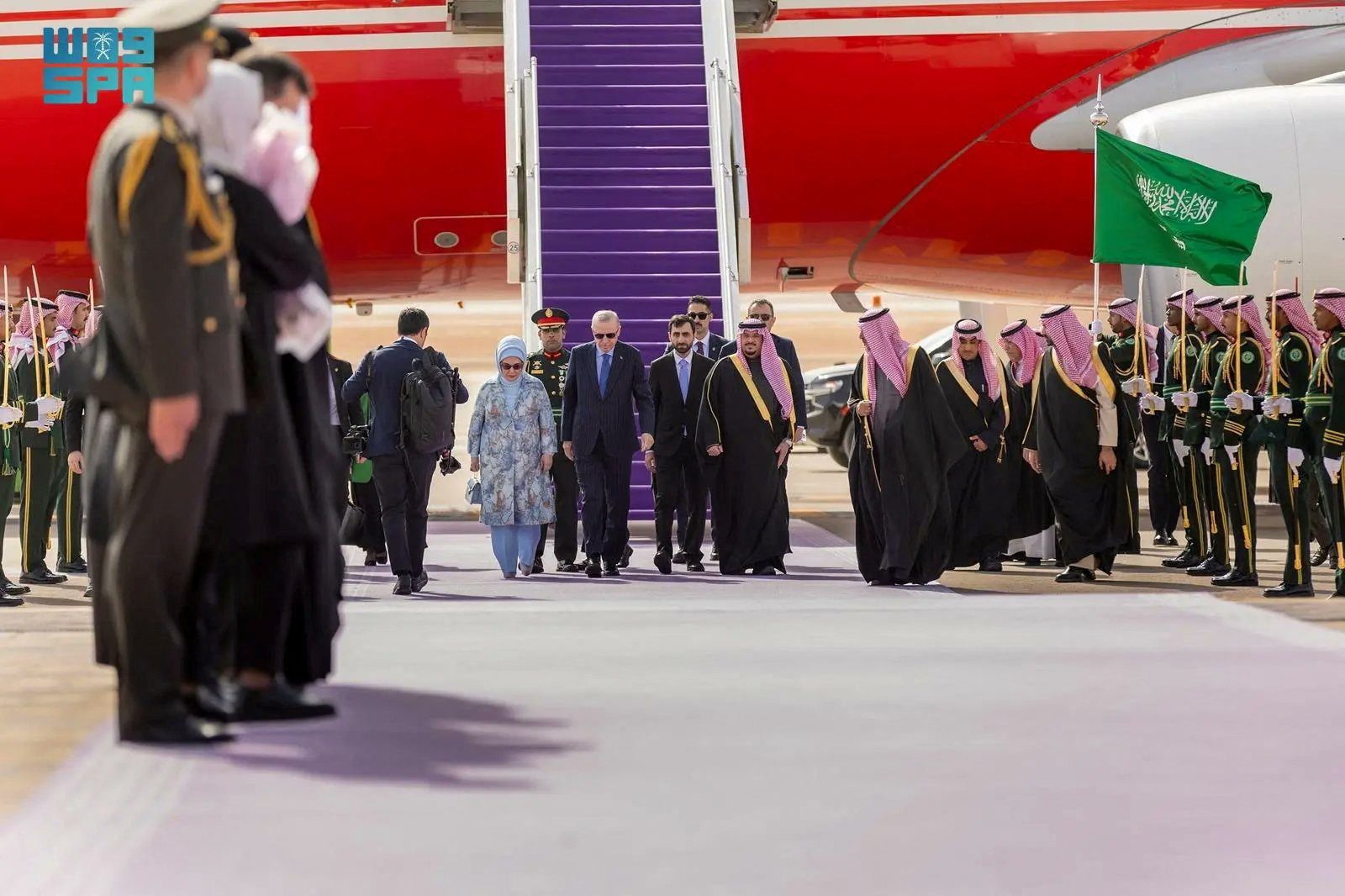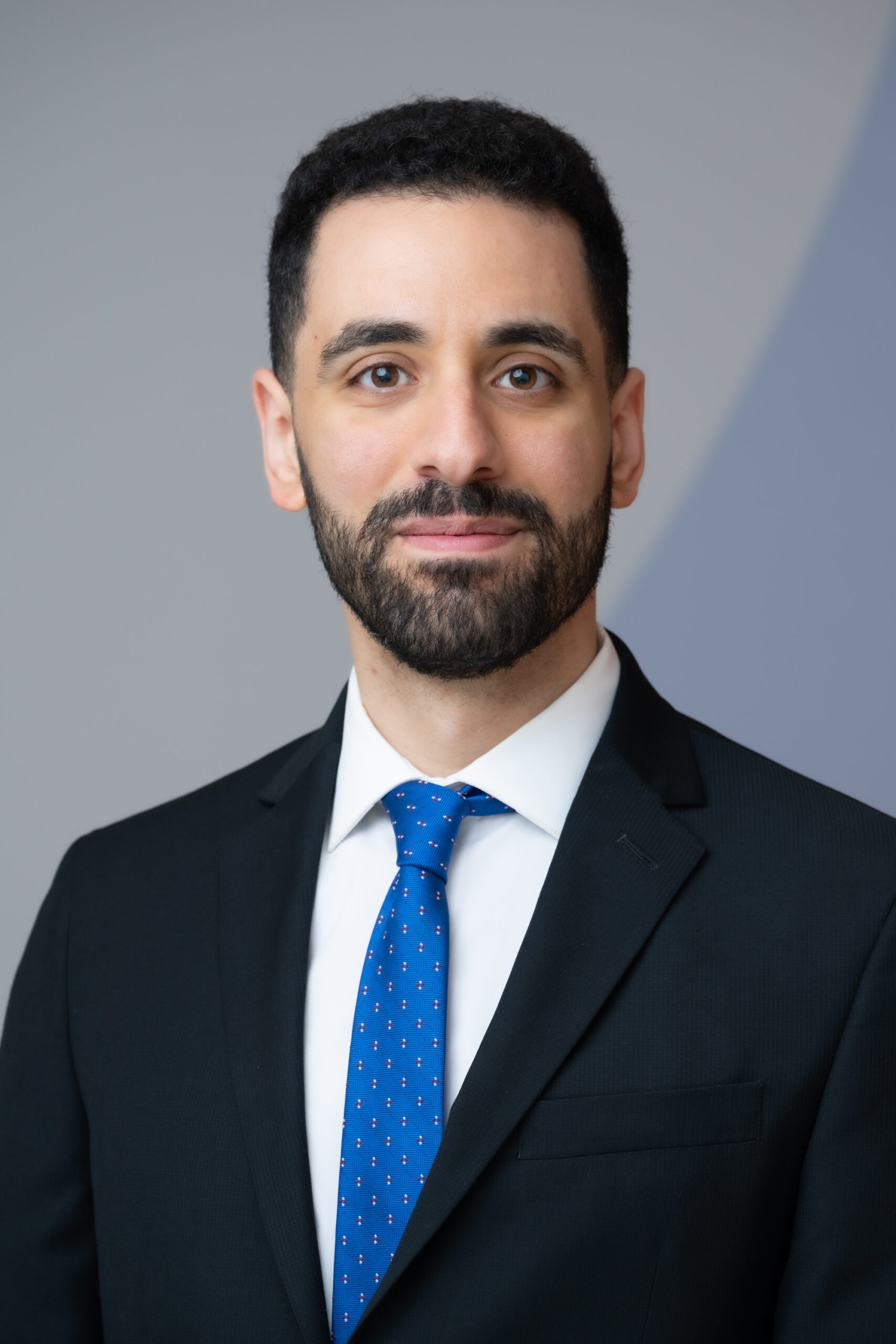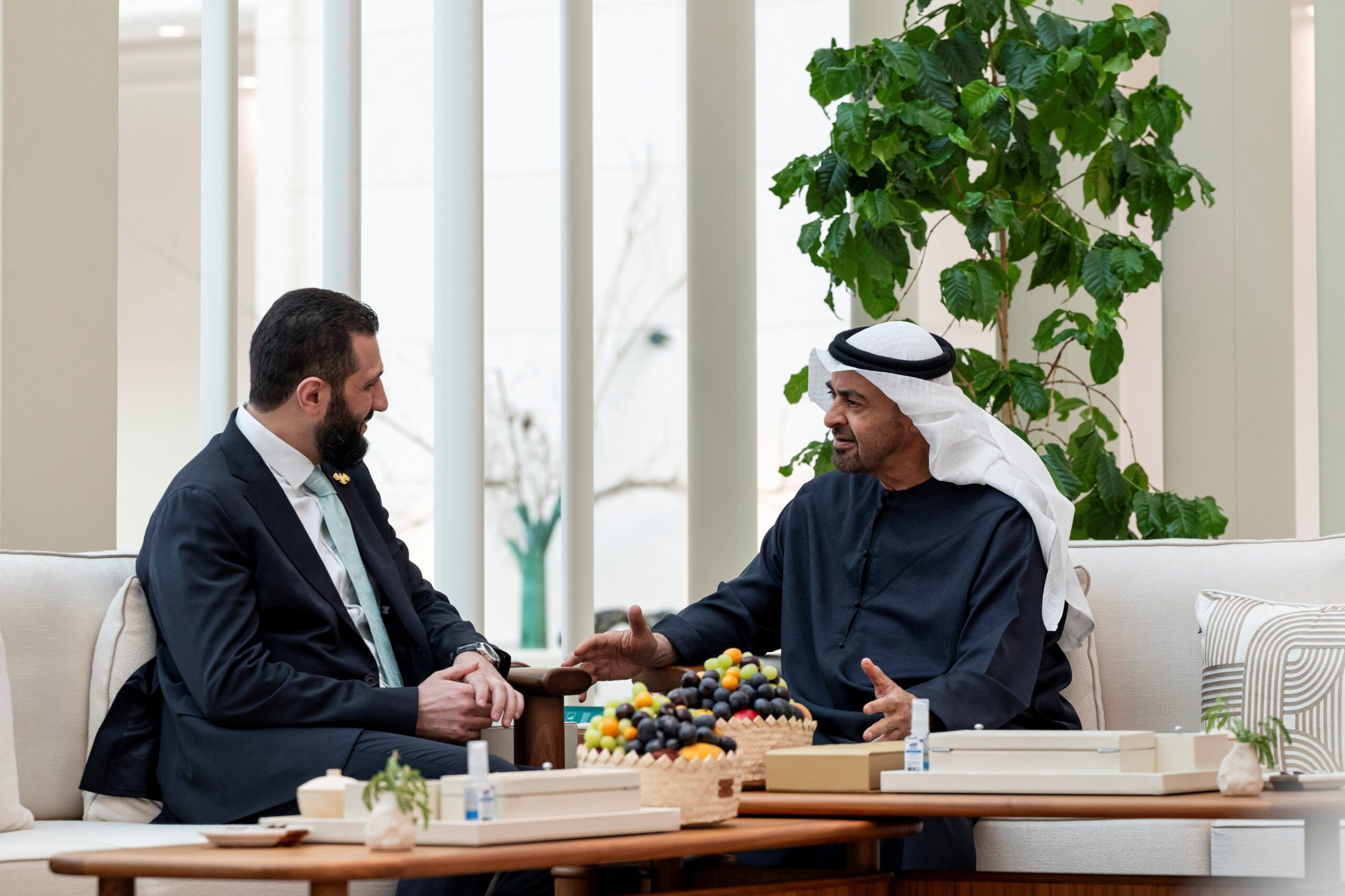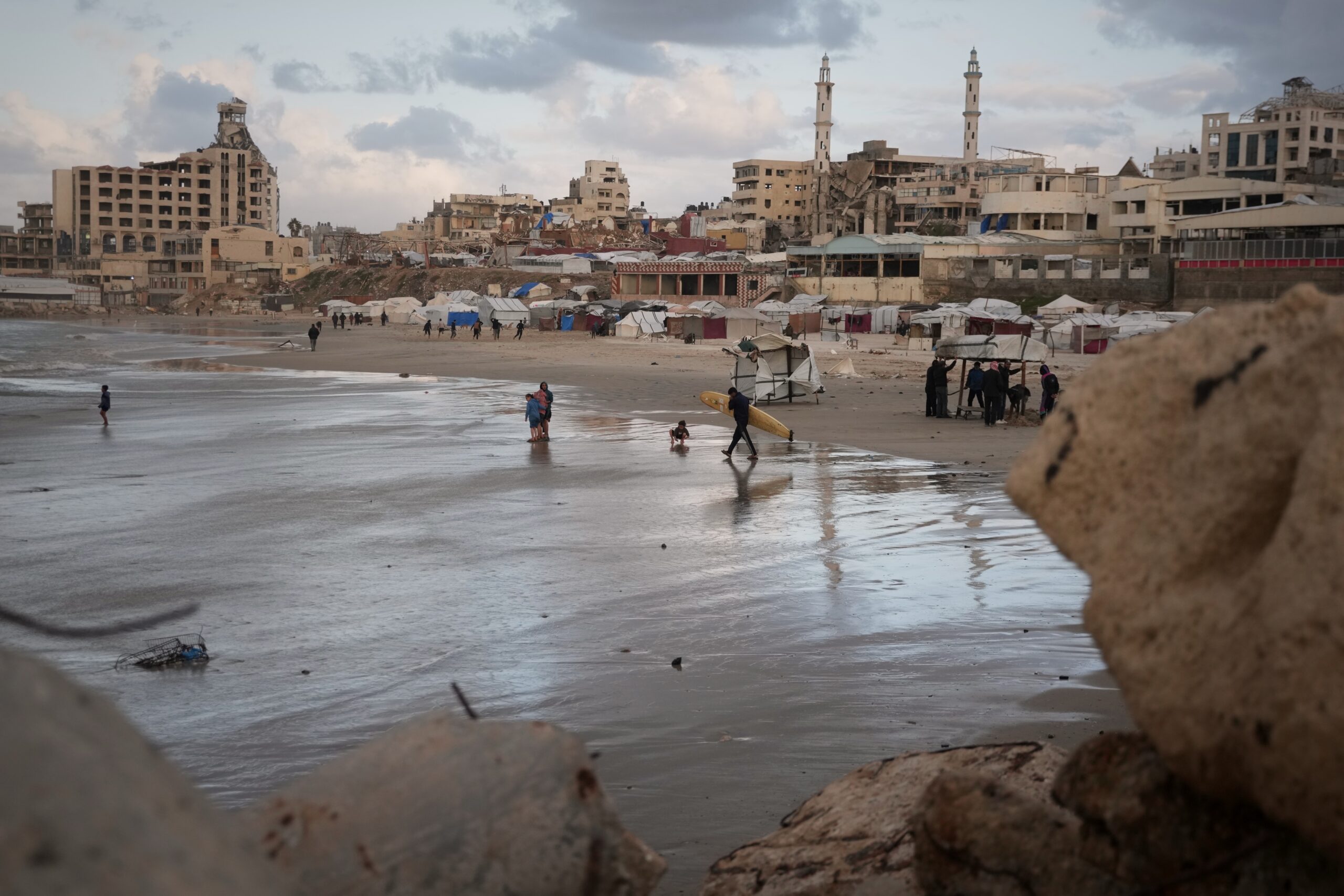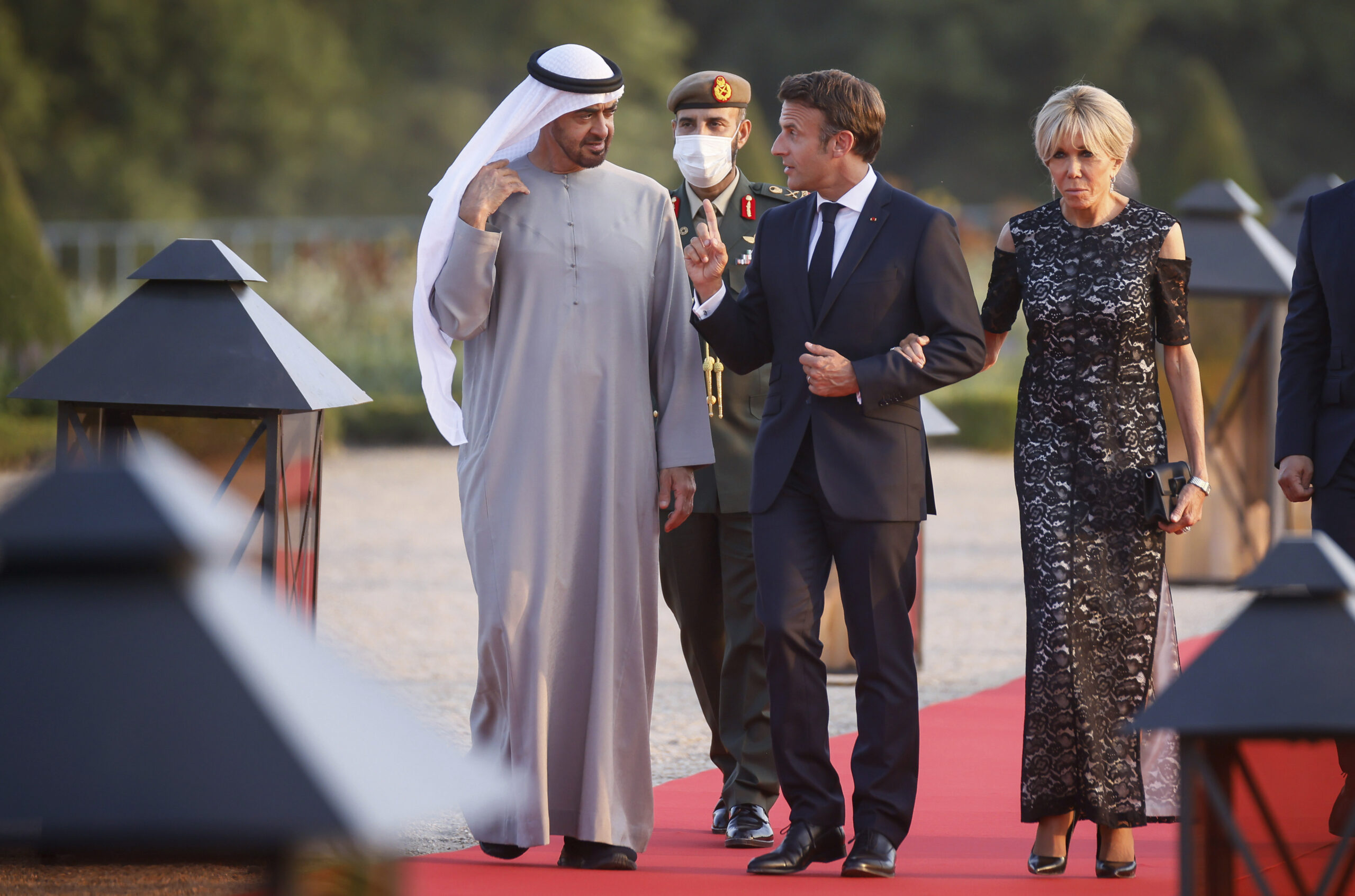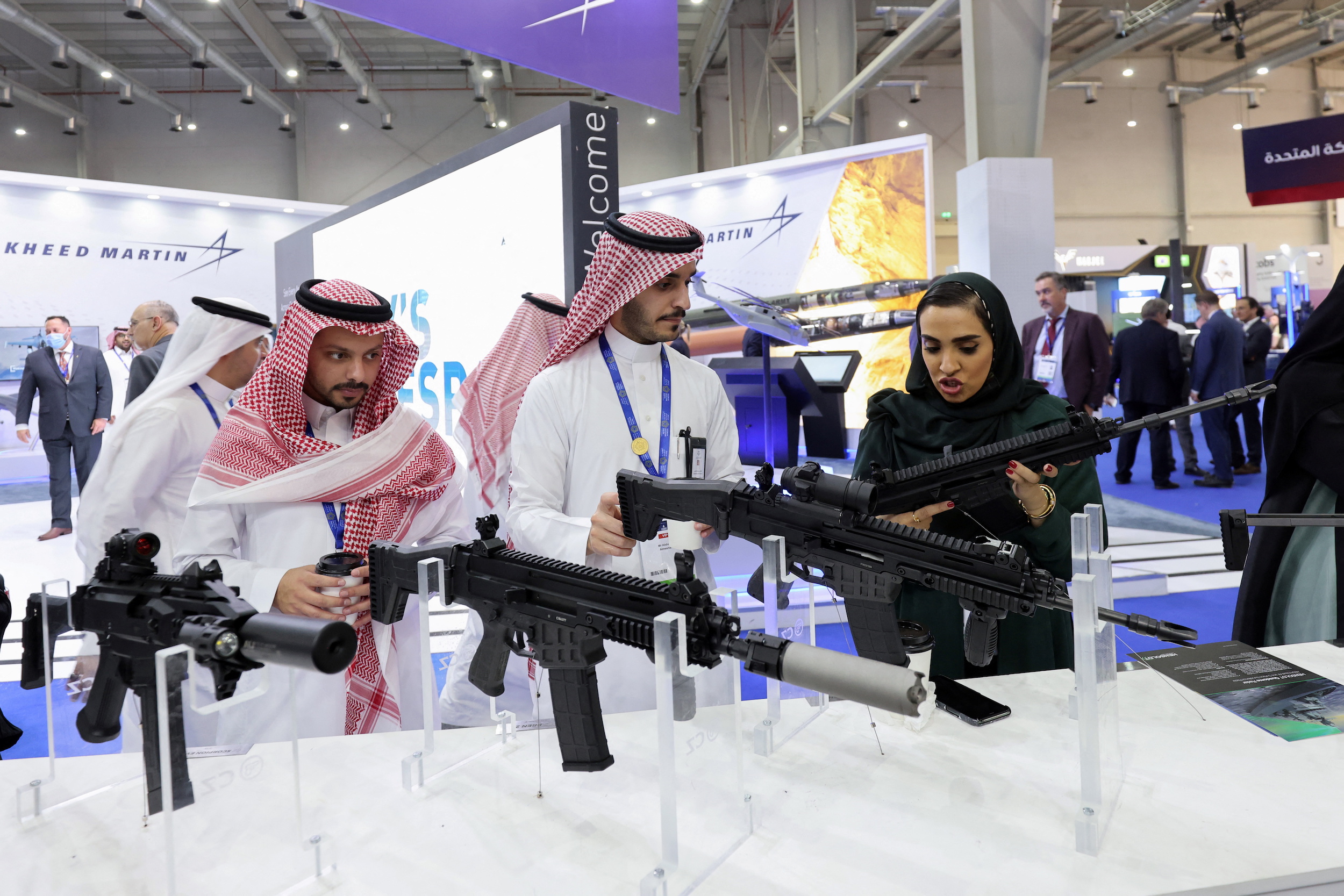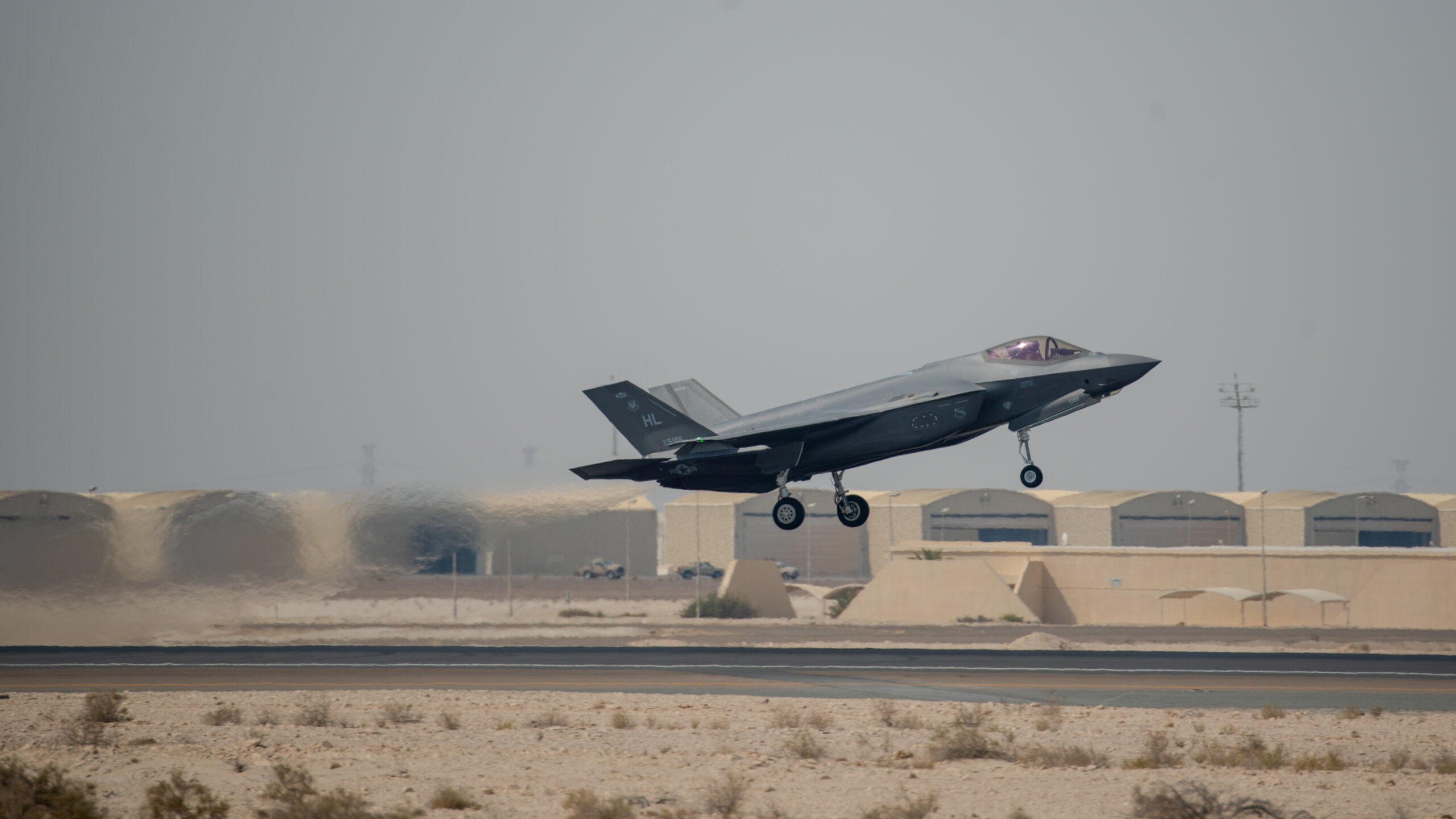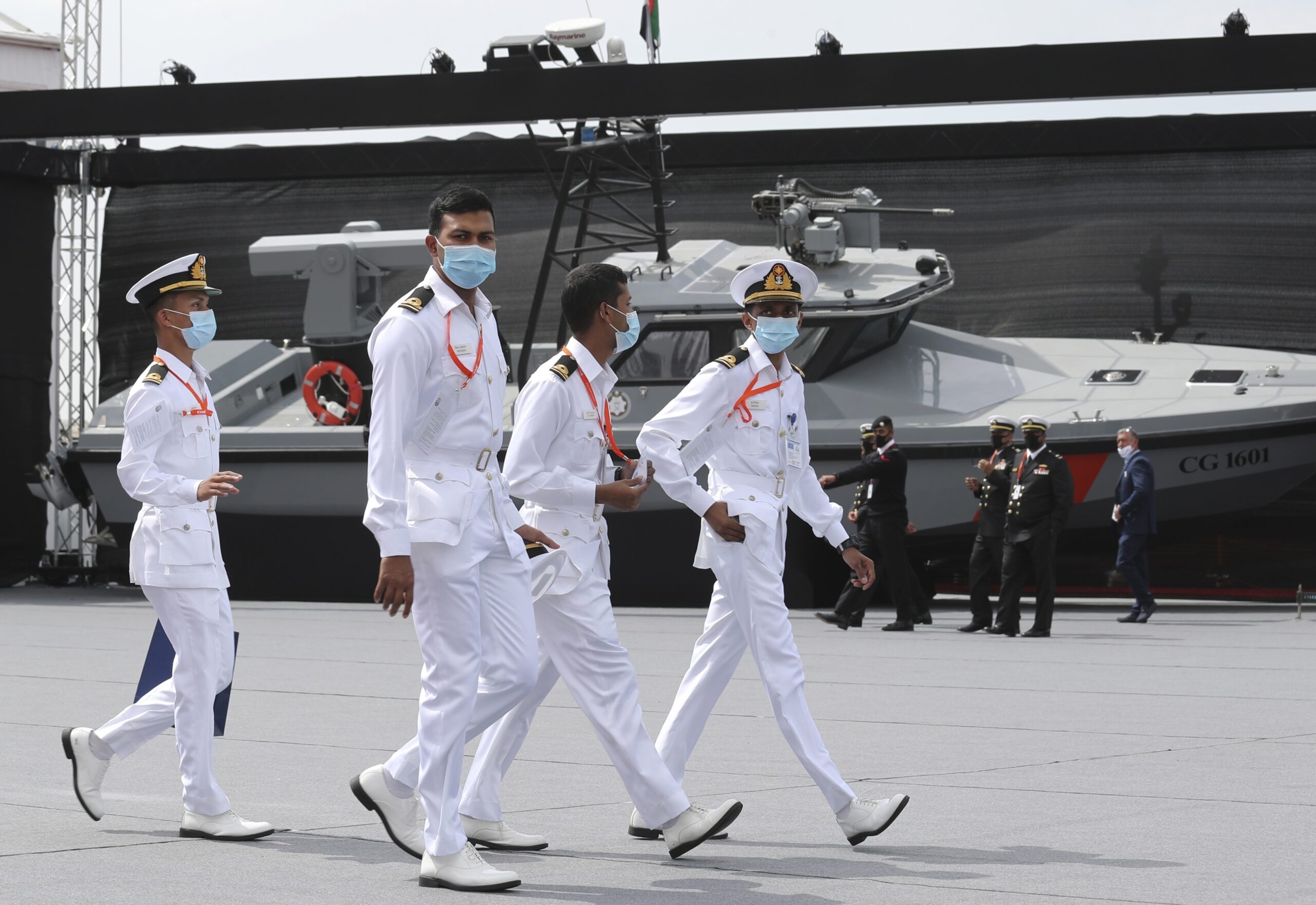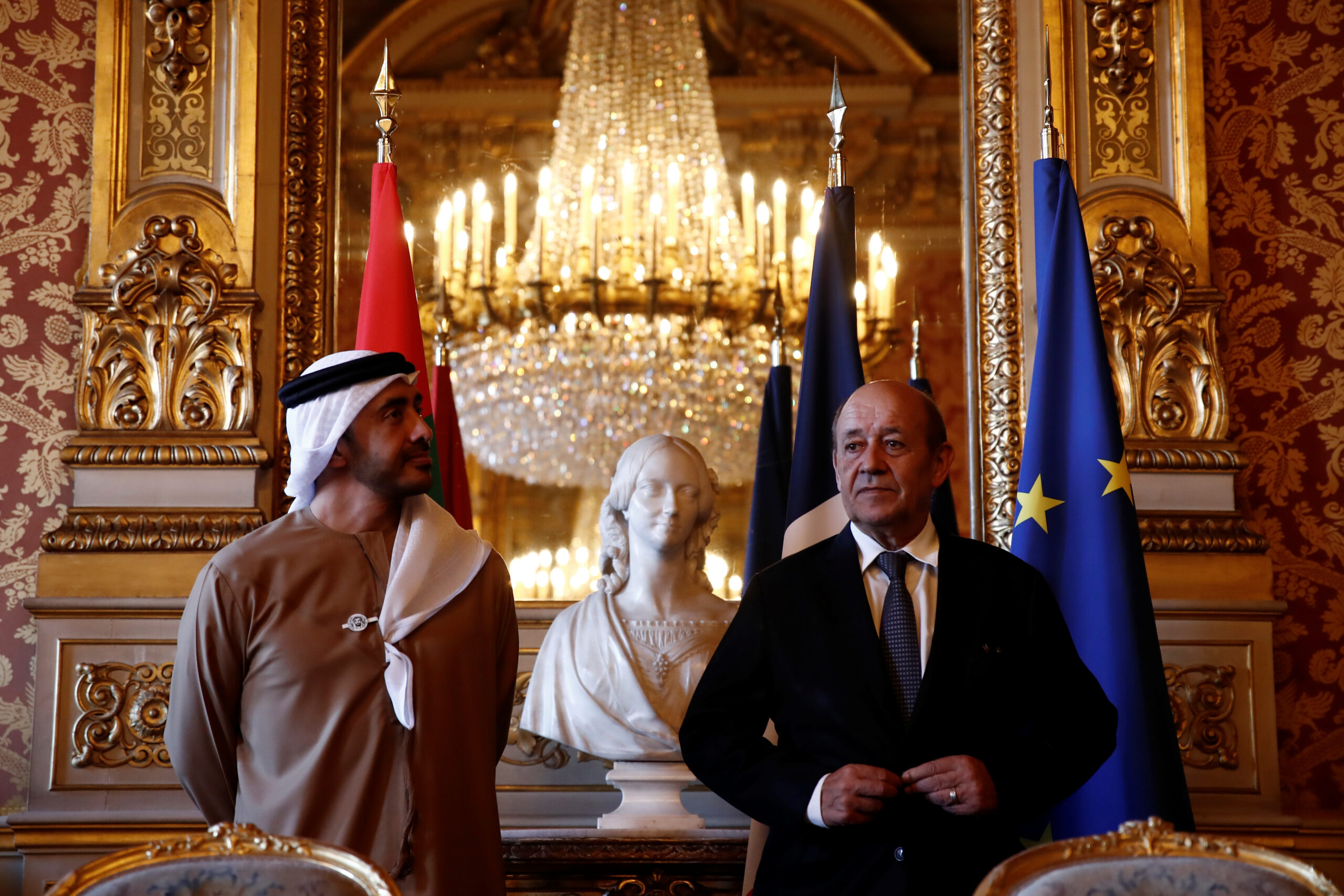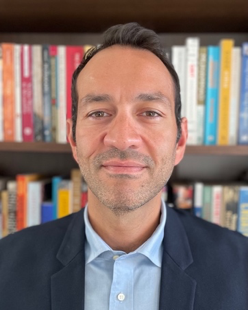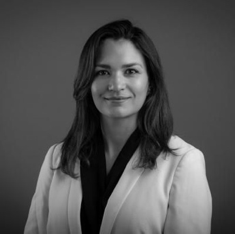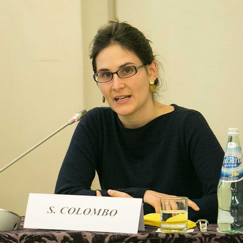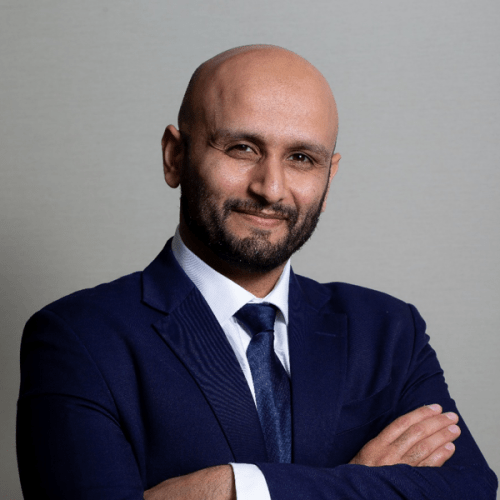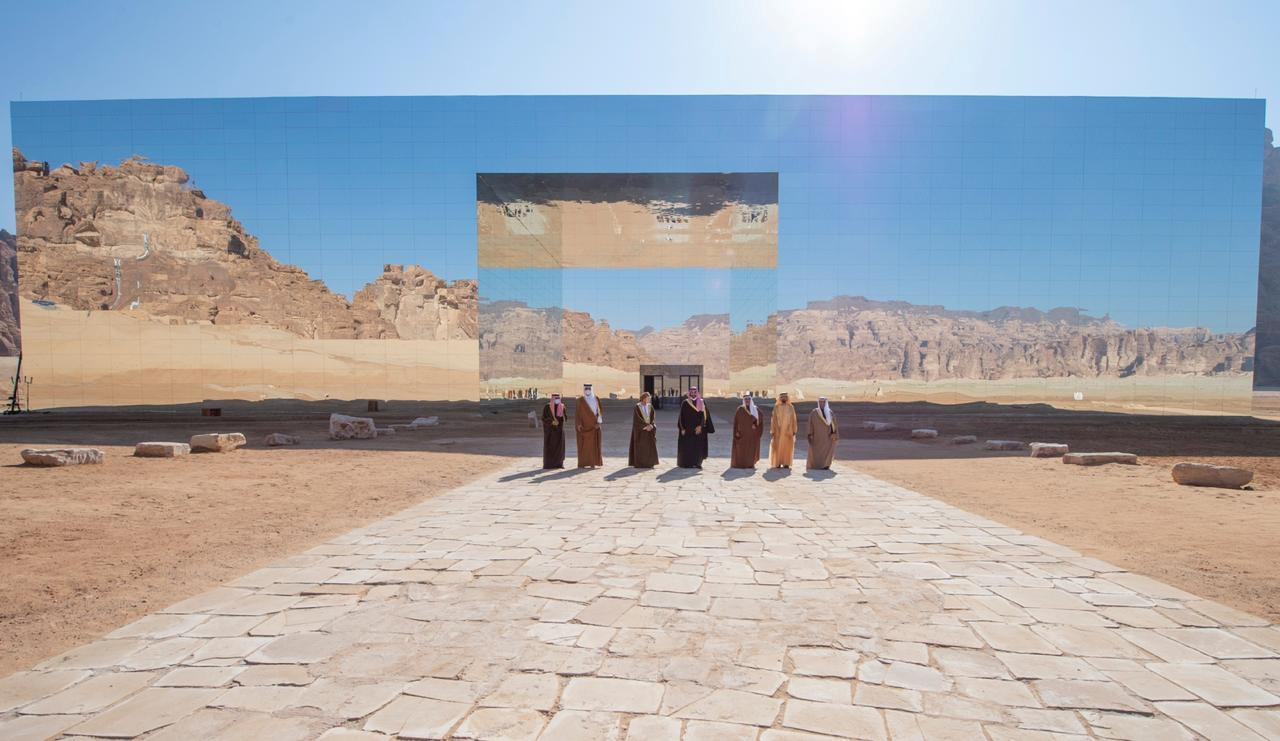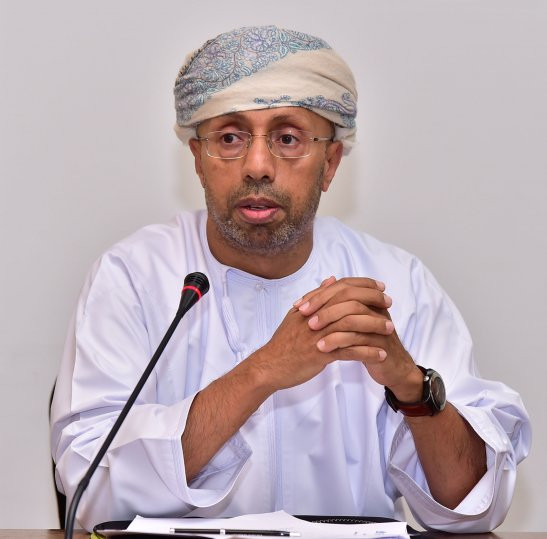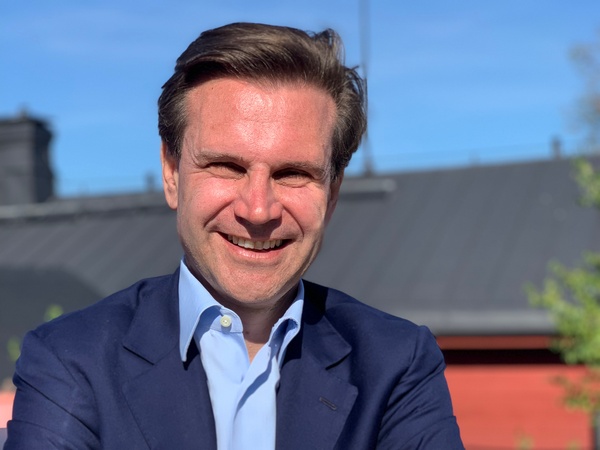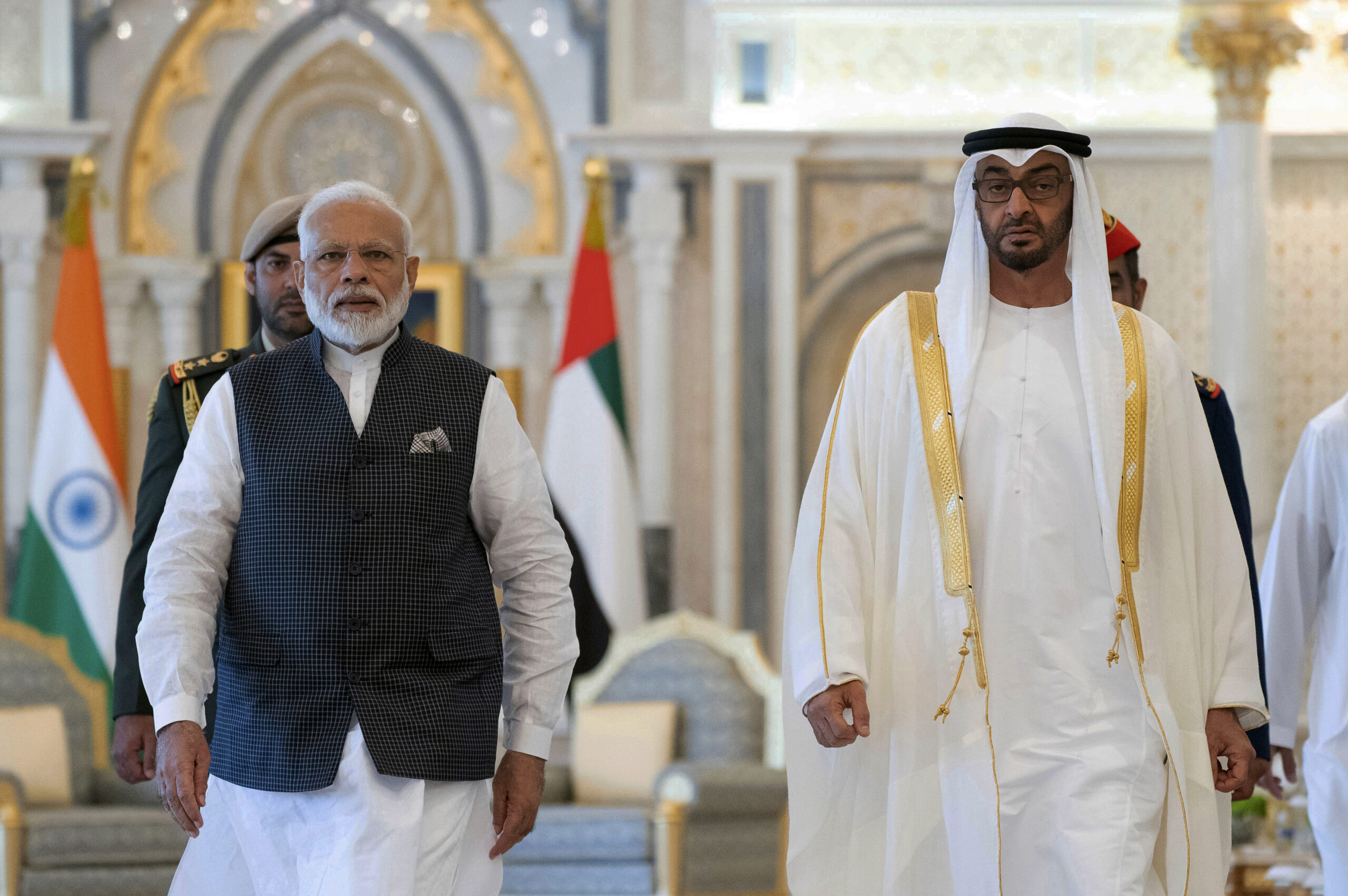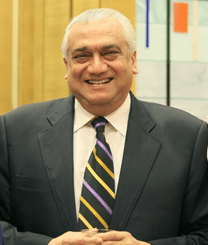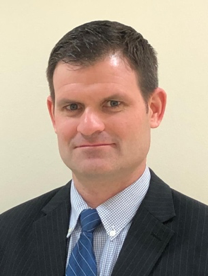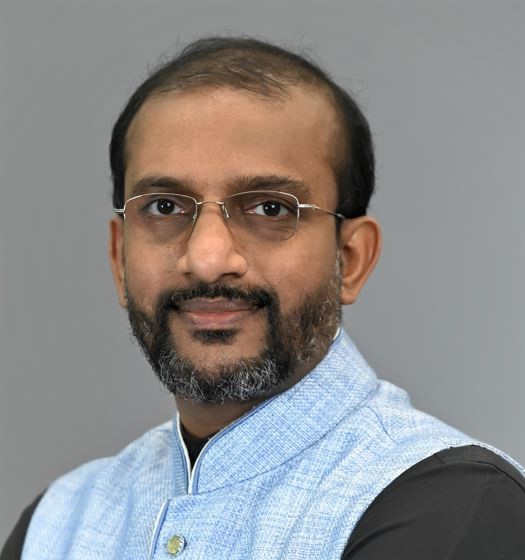The European Response to the Saudi Attacks: A Careful Balancing Act
A joint statement issued by France, Germany, and the United Kingdom demonstrates the European commitment to the JCPOA and diplomacy with Iran.
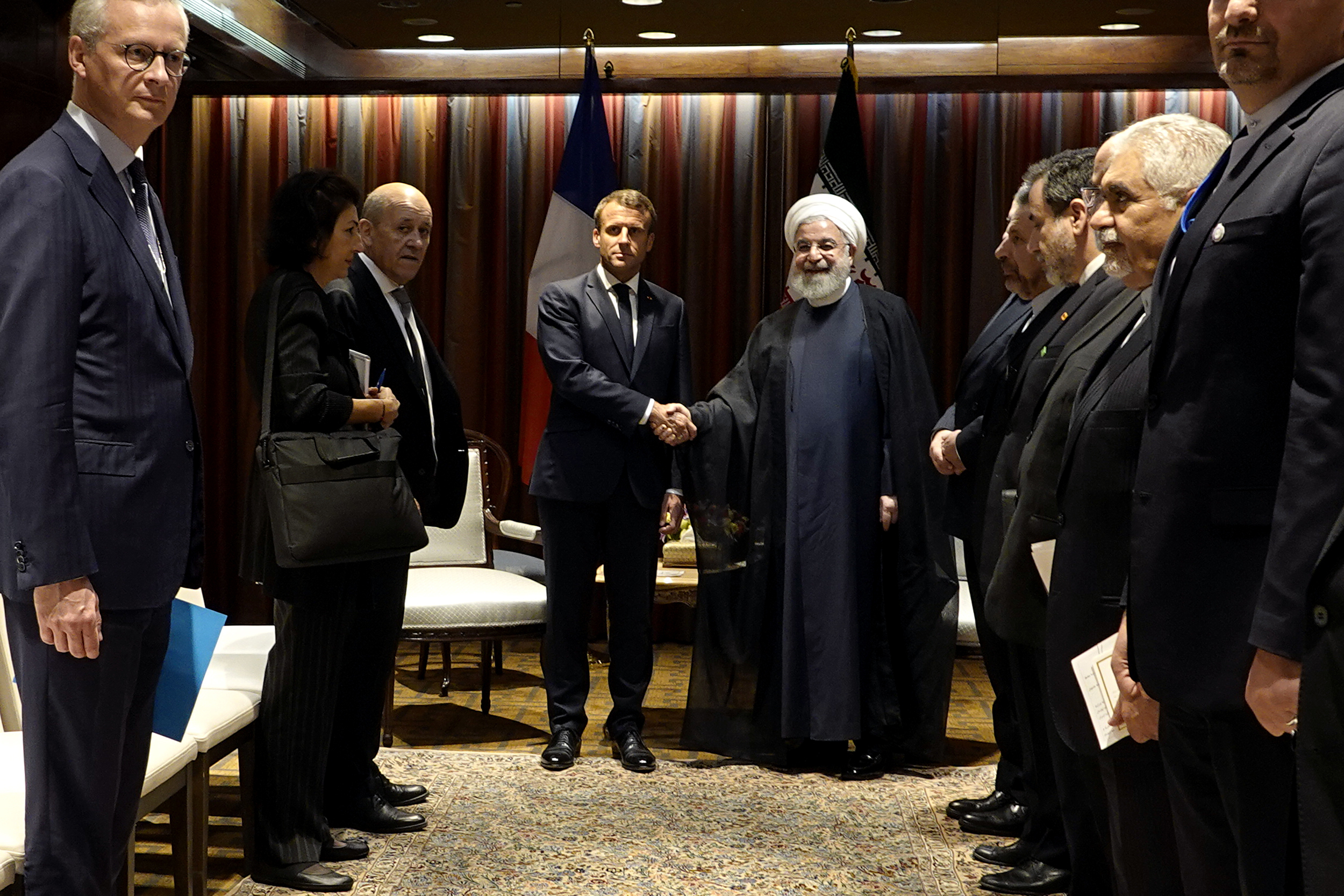
As the United Nations General Assembly convened in late September, there was a lot of speculation about the way two separate, yet closely intermingled, issues would be dealt with: the aftermath of the September 14 attacks on the Abqaiq and Khurais oil facilities in Saudi Arabia and the mounting tensions between the United States and Iran, locked in a dichotomized logic of “maximum pressure” versus “maximum resistance.” In particular, the position of European powers was eagerly awaited, given how cautious they were following the attacks, not blaming any party or rushing to retaliate, and how ambitious and engaging their agenda with regards to Iran, largely expressed by French President Emmanuel Macron, appeared to be. However, on the sidelines of the General Assembly on September 23, France, Germany, and the United Kingdom, known as the E3, issued a joint statement announcing that they believed Iran bore responsibility for the attacks. While this might seem like an underwhelming illustration of the European powers’ lack of political sway in the face of the United States’ dominant rhetoric, there may be much more to this statement and the European response to the attacks on the Saudi oil facilities overall.
In the immediate aftermath of the attacks, while strongly condemning actions that posed a threat to regional security and expressing sympathy and solidarity with Saudi Arabia, European powers refrained from any hot-tempered response. The most guarded reaction came from Germany, mentioning that the Houthis had claimed responsibility, and later voting to extend an arms export freeze on Saudi Arabia through March 2020, deeming that the events did not qualify as a reason to change its position. The spokesperson for foreign affairs and security policy at the European External Action Service announced that the European Union called for “maximum restraint and de-escalation” the day after the attacks and then remained silent on the matter. Apart from this, EU countries also supported sending the U.N. panel of experts on Yemen to Saudi Arabia to investigate the attacks, offering to send their own experts to assist in this mission.
France seems to have been spearheading this cautious European response to recent events in the Gulf and a mediation effort aimed at preventing further escalation. On September 19, French Minister of Foreign Affairs Jean-Yves Le Drian stressed the importance, not only for EU countries but for the international community, of having “a common result, a common assessment” before choosing any course of action toward the region. Aside from expressing some doubts that the Houthis were responsible for the attacks, the French reaction left the door opened for a previously carefully crafted European agenda, characterized by its ambition to follow a specific approach independently from the United States (which pulled out of the Joint Comprehensive Plan of Action nuclear deal with Iran), which included a $15 billion credit line plan and initiatives such as the Instrument in Support of Trade Exchanges. This agenda aimed to show Iran that the Europeans are still committed to the JCPOA.
The E3 joint statement was not a missed opportunity, admission of powerlessness, or redirection in any shape or form. Rather, the framing, timing, and wording of the statement indicate that European powers want to keep an authoritative say in these matters and that it is still possible to engage in a “pragmatic and incremental process intended to break the escalation of tensions” – both in the region and between the United States and Iran.
What is important regarding the framing of this statement is that it came from the E3. France, Germany, and the United Kingdom are the European countries that have the most strategic relations with the Gulf Arab states and were involved in international negotiations with Iran as signatories to the JCPOA. However, there is potentially another layer of interpretation of this framing: as a complement (though not a replacement) to the EU in the difficult context of Brexit. At a time when internal EU debates on how to speak with a collective, credible voice on the international stage are complicated by Brexit and tense domestic British politics, the E3 joint statement was an opportunity to present a united European front on Iran and the attacks while leaving room for a slightly different, albeit not diverging, stance on the part of the EU. Against this background, the British position has been quite telling. The United Kingdom initially called upon the Houthis to cease conducting attacks and seemed ready to adopt the EU’s very cautious approach, only to announce a day before the joint statement that it believed Iran was responsible for the attacks and that Britain was willing to consider potential requests for military help and wished to be “a bridge between our European friends and the Americans when it [came] to the crisis in the Gulf.”
Timing, as always, is everything. When it comes to the E3 statement, it is important that it was issued on the first day of the General Assembly, which set the stage for subsequent bilateral talks – in particular the meetings between Iranian President Hassan Rouhani and Macron and then U.K. Prime Minister Boris Johnson. The fact that this statement came 10 days after the Saudi attacks, however, should not be underestimated. In itself, this timing indeed emblematizes the narrative that European countries want to put forward, namely that they can be counted on to make reasonable decisions that contrast with the hyperspeed of official U.S. statements and the news cycle on developments in the Gulf, and Iran in particular. This also allows them to show that they are unwilling to blindly follow the U.S. lead, in a context of strained relations largely due to how President Donald J. Trump has treated his allies and commitment to multilateral organizations. While the framing of the joint statement can be seen as a message directed both at a European audience and international partners, its timing can thus be seen as a message to the United States as much as to regional actors on both sides of the Gulf regarding the way forward, even if Iran’s role in the attacks must be acknowledged. This might have been particularly well received in Saudi Arabia, the leaders of which may have felt ill at ease with being called upon to assign blame for the attacks by a “locked-and-loaded” Trump as they sought to avoid war with Iran. The statement has also reassured other Gulf partners such as the United Arab Emirates, which did not accuse any party, denouncing the attacks as more evidence of “terrorist groups’ attempts to undermine security and stability in the region,” and refrained from calling for an immediate or drastic reaction. On September 29, UAE Minister of State for Foreign Affairs declared that the European engagement was “a timely and welcome step in the right direction.”
When it comes to the wording of the E3 joint statement, the most important thing is what it does not say or call for, namely that it does not suggest punitive action should be taken against Iran. Rather, after asserting that Iran was to blame, the European powers stressed their continued commitment to the JCPOA, calling on Iran to abide by it. While the statement was a political gesture, allowing everyone to move past the difficult issue of having to take the time for an international investigation to present any irrefutable proof of direct Iranian involvement before deciding on any concrete action, it did not illustrate Europe caving to the U.S. position and following in its efforts to add fuel to the fire. The Europeans instead demonstrated their commitment to diplomatic efforts with a dialogue on the JCPOA on September 25 that included Iran. It thus seems that European powers have not veered off a previously established course of diplomatic action, remaining true to their will for regional and multilateral discussions while being firm on the consequences for any irreversible breach of international law or signed treaties. Their roadmap is still to engage with Iran rather than to further isolate – and possibly antagonize – it, which underpinned the negotiations leading to the signing of the JCPOA in 2015. In fact, European powers appear to be performing a balancing act not only in the Gulf region, and with Iran in particular, but also with the United States. The E3 statement can indeed be seen as a diplomatic option extended to the Europeans’ U.S. ally, to give Trump an alternative to avoid further isolation on the international stage for his escalatory treatment of the Iranian issue – an invitation he does not seem ready or willing to accept, despite the numerous voices expressing their wish that he considers it.
Ultimately, one of the most interesting elements in the way events have unfolded since the attacks on the Saudi oil facilities is the tendency of many different actors to internationalize this issue, while also generally curating plausible deniability (which makes the wording of the E3 statement that much more interesting, underlining that there was “no other plausible explanation”). This has to do with two major issues raised by recent incidents in the Gulf: For an increasing number of countries inside and outside the region, Iran appears at the very least as a force to be reckoned with enough to avoid an all-out war, while the United States is losing sway and credibility. This by no means suggests a drastic regional rebalancing away from Saudi Arabia toward Iran or away from the United States toward Russia or China. Rather, it could be a hint at a third way, which would more fully acknowledge and capitalize on the growing multipolarity of this region, toward more inclusive multilateral solutions – which might precisely be what the Europeans, France in particular, are trying to achieve, provided the window of opportunity for this is not slammed shut by any party too soon.
The views represented herein are the author's or speaker's own and do not necessarily reflect the views of AGSI, its staff, or its board of directors.


